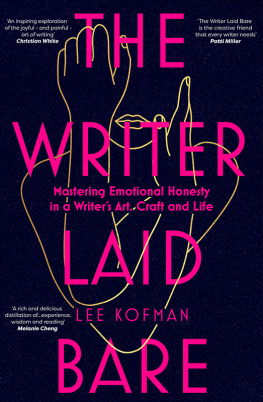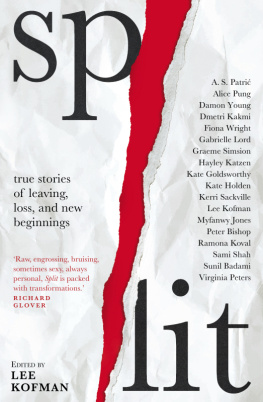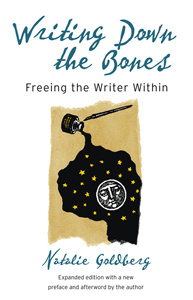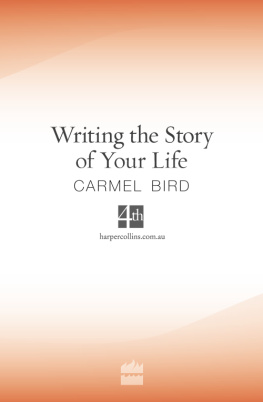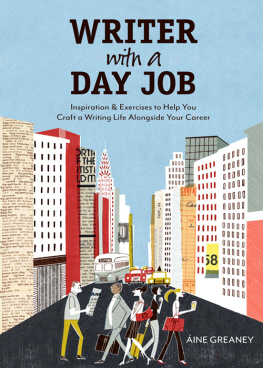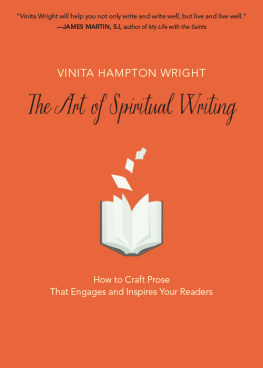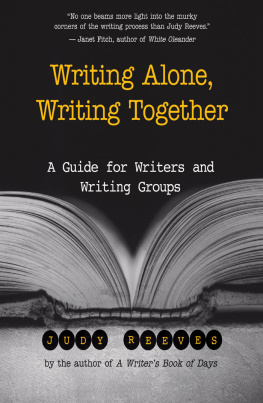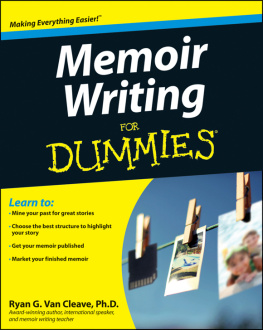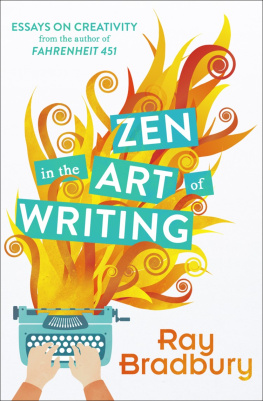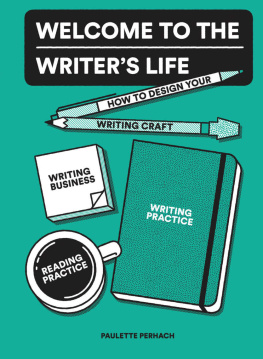Lee Kofmans The Writer Laid Bare is an inspiring exploration of the joyful and painful art of writing.
Christian White
Author of The Nowhere Child and The Wife and the Widow
The Writer Laid Bare is the creative friend that every writer needs. The writing process is demystified with insight and self-awareness, its difficulties and joys delineated, its braided paths outlined with grace and open-hearted generosity. It is an elegant book to read, practical, inspiring and encouraging all at once. For readers, it is a book to enjoy for its revelations of the writing life, for writers it is a book to keep on your desk as you write and to pick up and read whenever you stop writing. I will be recommending The Writer Laid Bare to all my writing students.
Patti Miller
Author of Writing Your Life and The Memoir Book
The Writer Laid Bare is a rich and delicious distillation of Lee Kofmans experience, wisdom and reading. Part writing memoir and part writing manual, this beautiful hybrid is simultaneously accessible and erudite, and Kofmans voice is refreshing in its honesty and vulnerability. I know it is a book I will be thrusting into the hands of other writers, as well as a book I will keep returning to not just for the perfectly curated advice from some of the worlds best writers but for Lees personal writing journey and her reassurance that in our pursuit of emotionally honest writing, we are not alone.
Melanie Cheng
Author of Room for a Stranger and Australia Day
The Writer Laid Bare takes us on an intimate journey into the magical, and often challenging, terrain an author inhabits. Kofman courageously shares with the reader her own probing writerly journey of self-discovery.
Leah Kaminsky
Author of The Waiting Room and The Hollow Bones
ALSO BY LEE KOFMAN
Split: True stories of leaving, loss and new beginnings Imperfect
Rebellious Daughters: True stories from Australias finest female writers
(co-edited with Maria Katsonis)
The Dangerous Bride
Ill Love Christina (in Hebrew)
Single Woman, 32 (in Hebrew)
Scars (in Hebrew)
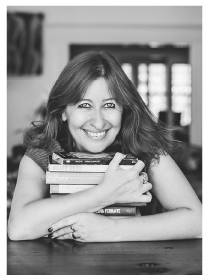
Dr Lee Kofman is a Russian-born, Israeli-Australian writer, editor, writing teacher and mentor based in Melbourne. She holds a PhD in social sciences and MA in creative writing. Lee is the author of three fiction books and two memoirs, including Imperfect (Affirm Press, 2019), which was shortlisted for Nib Literary Award, and The Dangerous Bride (Melbourne University Press, 2014), co-editor of Rebellious Daughters (Ventura Press, 2016) and editor of Split (Ventura Press, 2019), which was longlisted for ABIA Awards anthologies of memoir by prominent Australian authors. Her short works have been widely published in Australia, US, UK, Scotland, Israel and Canada; her blog was a finalist for Best Australian Blogs 2014.
THE WRITER LAID BARE:
MASTERING EMOTIONAL HONESTY IN A WRITERS ART, CRAFT AND LIFE
LEE KOFMAN

First published in 2022 by Ventura Press
PO Box 780, Edgecliff NSW 2027 AUSTRALIA
www.venturapress.com.au
All rights reserved. No part of this book may be reproduced or transmitted in any form or by any means, electronic or mechanical, including photocopying, recording or by any other information storage or retrieval system, without prior permission in writing from the publisher.
Copyright Lee Kofman 2022

The Writer Laid Bare
ISBN 978-1-920727-80-2 (Print edition)
Cover design by Alissa Dinallo
Typesetting by Midland Typesetters
Printed by McPhersons Printing Australia
FOR PETER BISHOP WHO TAUGHT ME HOW TO TALK ABOUT WRITING AND FOR LUCA EFRON, MY DARLING BOY
The writer has to be like a firefighter, whose job, while everyone else is fleeing the flames, is to run straight into them.
Jonathan Franzen
CONTENTS
PROLOGUE: INTO THE FLAMES
E very now and then I get a particularly cheerful student in my writing class. While everyone else bemoans the ginormous, as my children are fond of saying, effort that writing requires, this student will sit back, smiling mysteriously, or perhaps incredulously. At some point, they will raise their hand to tell us, not so much smugly as rather innocently, that writing is a sheer joy for them. That whenever they sit at a computer or open a notebook (or, nowadays, a voice recorder) the words just pour out of them, as if of their own accord... This is the one student, however, I am sorry to report, who is usually made of the least writerly material, as my once-jealous class inevitably discovers when they begin sharing their works.
Writing is meant to be difficult. Many writers, I am sure, would nod vigorously at Thomas Manns famous suggestion that writers are those for whom writing is more difficult than for other people. Writers understand the weight of words and this understanding weighs on us. We know that each minute choice we make matters, that to express something truthfully and vividly is a feat. We know that writing that emerges with the greatest ease, is often clichd, unattuned to nuance. As Philip Roth said, when youre writing youre looking... for whats going to resist you. Youre looking for trouble.
It is no wonder then, that for many of us, writing is foremost an act of self-doubt, a breeding ground for self-loathing, a boot camp. Thats why writers are more likely to be nervous wrecks than wise philosophers calmly observing reality (as I assumed during my teenage years). On the other hand, our neuroses tend to be of the perfectionist kind; as such, they make our work better. Or as the bestselling American novelist James M. Cain puts it, if a writer doesnt lay awake at night worrying about their work, the reader isnt going to, either.
There are difficulties and there are difficulties, however. The most painful as well as dangerous to our art, I believe, are the difficulties associated with emotional honesty the times when we lose touch with our viscera, with how we perceive ourselves and the outer world; or when we are reluctant to share what we find there. I am speaking from experience. There was a time, just after I turned thirty, when I grew so despondent about my writing that I made up a word to describe what was wrong with it: nonesty. To say that my works were dishonest didnt feel right, because they didnt contain outright lies. But they emanated a subtler stink, one more difficult to get rid of. I sinned more by omission than commission. There wasnt enough honesty in my prose.
What I mean is that I airbrushed whatever I wrote, fiction or creative nonfiction. I smoothed the edges of even mildly controversial topics. And I skimmed only the surface of my characters minds: Does she love him or not? He is a loner because he had a difficult childhood. I failed to explore the ambivalences and gradations inherent in romantic love (she may love him a little and need him a lot) or that a solitary nature is likely to be formed by a mix of factors (is he also an introvert with a rich inner world?). I wasnt sufficiently in touch with the complexity of human thoughts and emotions. Or, as the editor of my then-latest book put it in an email: Youve taken your readers on a fascinating tour through the main streets of your novel but foregone visiting the hidden alleys.
Next page
